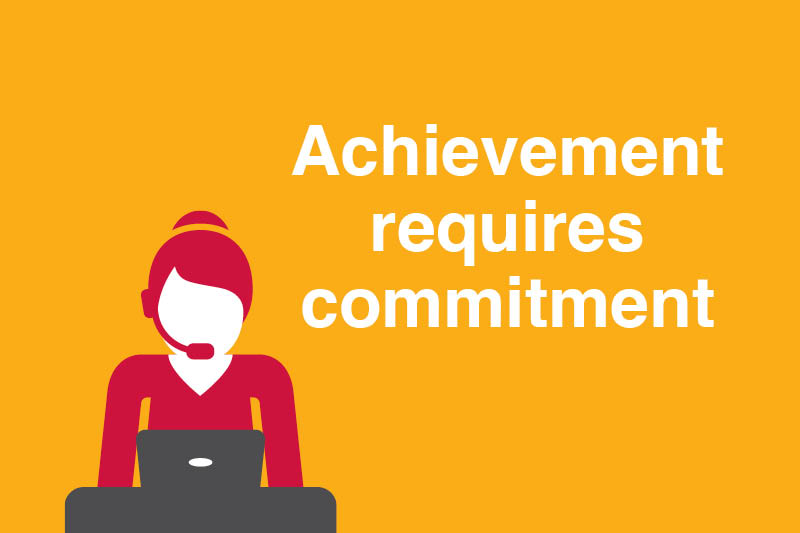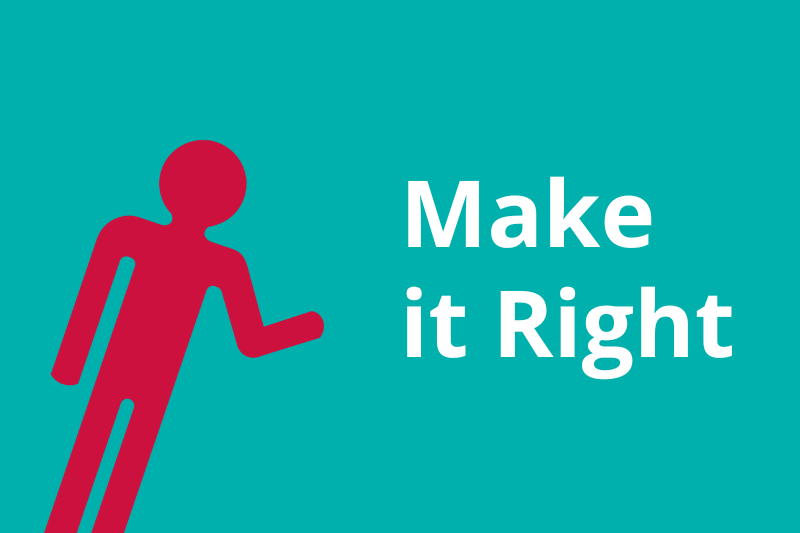Speak up and express your needs successfully... by expanding your personal power
23rd September 2021
All articles Candidate articles

Following on from our original article about ways to boost self-esteem, this article explores the ‘power of speaking up and expressing your needs’.
The first thing to consider is what the result of not speaking up and expressing your needs is. There are many consequences that will prevent you from moving forward and growing as an individual, including missing out on opportunities such as getting a job, a promotion or pay rise, through to having challenges in relationships; including feelings of resentment or betrayal. People tend to become less connected and lack a sense of belonging, resulting in psychological impacts, including contributing to low self-esteem.
Why do people not speak up and express their needs? Often, they are afraid of what others will think of them and fear disapproval or failure. However, speaking up and expressing your needs can be a great way of gaining feedback from your peers, allowing you to learn, develop as a person and gain self-confidence. It does involve you ‘putting yourself on the line’ which can sometimes feel risky if you lose sight of the potential rewards.
So, aside from keeping focused on everything you have to gain from speaking up and expressing your needs, this TED talk entitled ‘How to speak up when you feel like you can’t’ is worth a watch. It explains how expanding your power will help expand the range of what he calls ‘acceptable behaviour’. This acceptable behaviour range is what others will let you get away with saying or doing according to the power for which they perceive you having. If your position of power in a certain context is considered weak, you will have a narrower range for bargaining, negotiating or even feeling heard.
Happily, there is a range of tools described in this TED talk that you can utilise to increase your position of power and this will help create successful outcomes from speaking up and expressing your needs. If you can be confident about your power in any given situation, this will reduce the risk involved in explaining what you want or asking for something and more than likely, will produce good results.
Tools to build your personal power include:
- Support others – by advocating for others, they will rally around you when it comes time for them to show you their support
- Support yourself through perspective taking – you can advocate for yourself by looking at a situation through the eyes of the other person that you are asking or communicating with. What is in it for them? What will motivate them to help you? Can you tap into what will influence them?
- Ask for advice to elevate how much they like you – people are naturally flattered when you come to them for advice and often will feel more warmth towards you as a result. This will increase your position of power when you eventually discuss your needs or express your opinions. It is also an excellent approach to gaining allies who will support you when you need it
- Gather excellent evidence – one way to do this is to become well informed and knowledgeable on a subject, another is to demonstrate your passion on a subject, as other people tend to respond positively to this
- Show flexibility – being stubborn and ridgid in your thinking can often backfire by making others feel cornered or defensive; resulting in disappointment for you when they decide to match your stubbornness with their own! When you signal that you can ‘work with’ others and be flexible in resolving a situation or reaching a mutually acceptable decision, the other party or parties tend to lower their defences and success comes your way
News tags
All articlesAucklandCandidate articlesChristchurchClient articlesFranchiseJob rolesUncategorised
Recent news
Devanner – job overview
2nd April 2025
Production worker – job overview
2nd April 2025
Reach hoist operator – job overview
26th March 2025
Pick packer – job overview
26th March 2025
Make it right – how we put this core value into action
26th February 2025
Why a recruitment agency can help you achieve better results
18th February 2025
Strategies to motivate Millennial and Gen Z workers
9th September 2024









